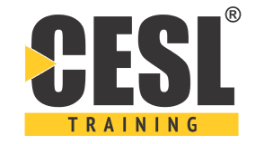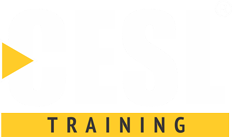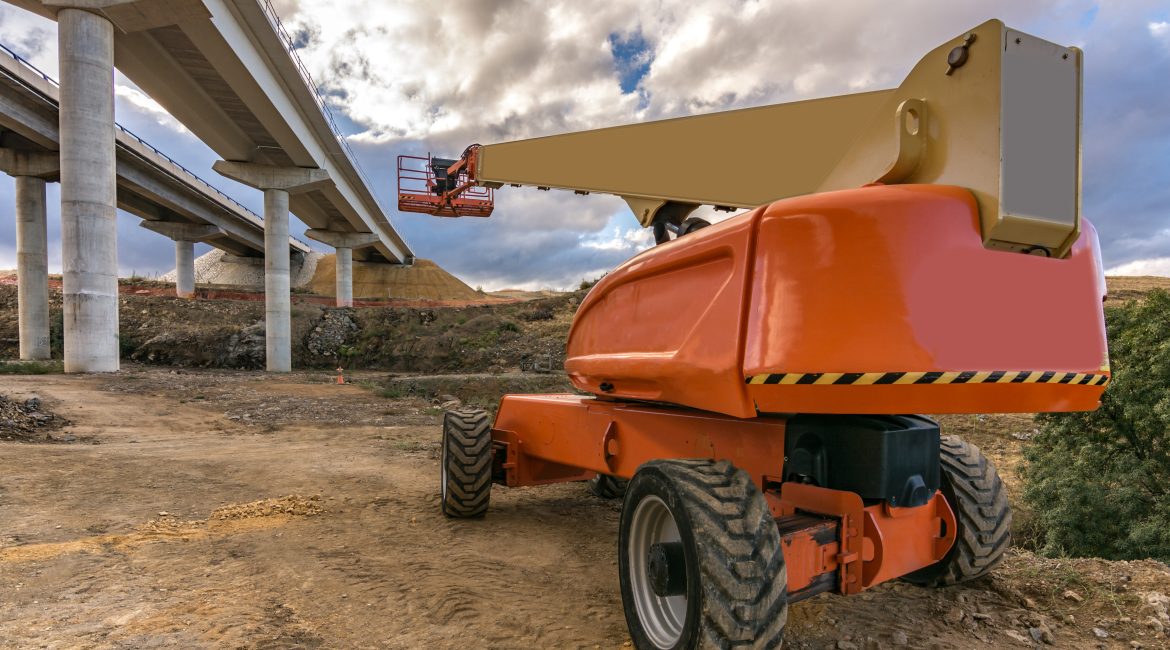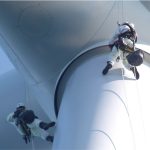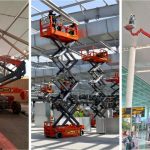MEWP training is crucial for ensuring safety on highway construction projects, which are inherently complex and high-risk. Working at height poses significant hazards, and while Mobile Elevating Work Platforms (MEWPs) are essential tools for mitigating these risks, their effectiveness relies entirely on operators being properly trained.
In this blog, we explore essential safety protocols for highway construction workers and how MEWP training—especially through certified programs—can make a substantial difference in reducing risks and enhancing operational efficiency.
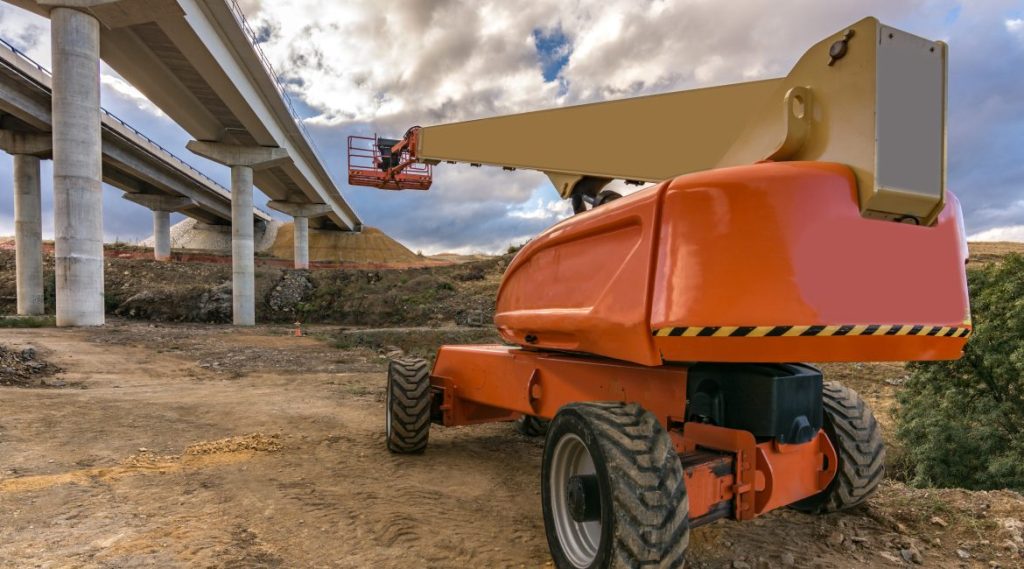
Understanding the Risks Highway Construction
Highway construction often requires personnel to work at elevated positions, where the danger of falls is high. These falls are among the leading causes of workplace injuries and fatalities. Beyond falls, other threats include falling objects, electrical hazards, and equipment malfunction.
To address these issues, strict adherence to mobile elevated work platform training protocols is critical. Workers must be thoroughly trained and certified through reputable MEWP training courses to identify and navigate job-site hazards safely.
MEWPs Key Safety Protocols
- Pre-Operational Checks:
- Inspection: Every MEWP should undergo a thorough inspection before use. This includes checking all mechanical components, safety features, fluid levels, tires, and the emergency descent system. These inspection practices are part of every recognized MEWP operator training course.
- Documentation: Maintain accurate logs of all inspection and maintenance activities. These records support both compliance and long-term equipment health.
- Proper Training:
- Operator Training: Only workers who have completed certified MEWP operator training should be allowed to operate these machines. Training should include hands-on experience, hazard recognition, equipment handling, and proper use of fall protection.
- Programs like MEWP Operator Certification Training ensure that operators are competent, confident, and compliant.
- Emergency Procedures: A strong MEWP course should also cover emergency protocols, including safe descent procedures and response actions during equipment failure or accidents. Workers must be trained to handle emergencies calmly and efficiently.
- Certification: Upon completion, operators should receive a MEWP training certificate, which validates their ability to work safely and effectively. Make sure to select a MEWP certified training center that is recognized by industry bodies.
- Safe Operating Procedures:
- Use of Personal Protective Equipment (PPE): Even with a MEWP, safety gear is non-negotiable. Workers must wear harnesses, hard hats, and fall arrest systems. These PPE practices are emphasized in both classroom and online MEWP training formats.
- Avoiding Overloading: Every MEWP operator training course covers the importance of adhering to manufacturer load limits. Overloading can lead to tipping and serious mechanical failures.
- Safe Positioning: The MEWP should be placed on a stable, level surface before use. Operators should be trained to evaluate terrain and environmental conditions that may affect equipment stability.
- Communication and Coordination:
- Clear Communication: Maintaining open lines of communication with ground personnel is crucial. Operators trained through certified MEWP training programs learn effective signaling, radio protocols, and teamwork coordination.
- Signaling: Standardized hand signals or communication tools help coordinate movements, especially in loud or high-traffic environments common in highway work zones.
- Ongoing Safety Monitoring:
- Regular Audits: Conducting routine safety audits of both equipment and practices ensures that potential risks are quickly identified and addressed.
- Feedback Mechanisms: Encourage crew members to report safety concerns. A culture of transparency, fostered through regular MEWP training courses, helps maintain high safety standards on-site.
The Role of MEWP Training in Enhancing Safety
MEWP training is far more than a compliance requirement—it’s an investment in workplace safety and project success. Proper training empowers operators to:
- Understand the mechanics and limits of the equipment
- Anticipate and mitigate risks before they escalate
- Follow all relevant safety protocols with confidence
Whether you opt for in-person classes or MEWP training online, the outcome should be the same: a skilled, confident operator with a recognized MEWP certification.
At CESL, we offer comprehensive MEWP solutions, including MEWP operator training, emergency procedure education, and hands-on assessments. As a MEWP certified training center, we tailor our MEWP training courses to the unique challenges of highway construction.
Conclusion
Safety in highway construction is a multi-dimensional challenge, especially when working at height. The integration of strict safety protocols and comprehensive MEWP training can drastically reduce risks, safeguard lives, and improve project efficiency.
By investing in certified MEWP training courses, obtaining a valid MEWP training certificate, and fostering a culture of safety through continuous learning, you set your construction crew up for success—from the ground up.
Frequently Asked Questions:
